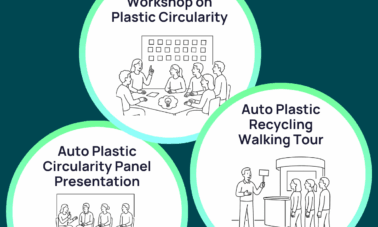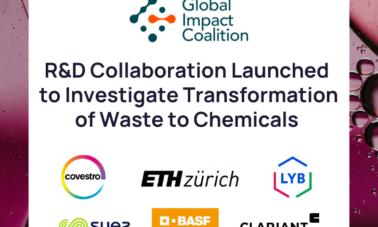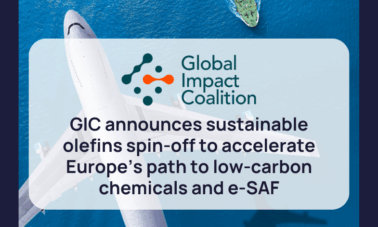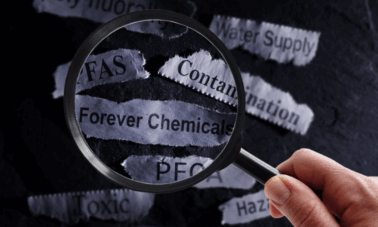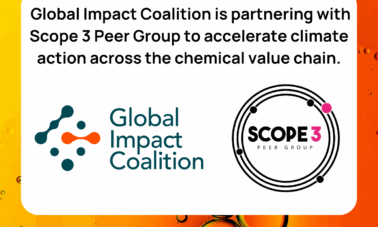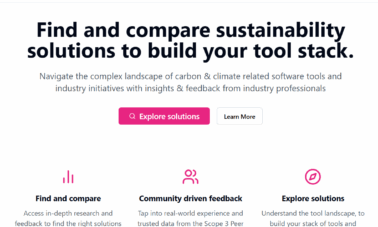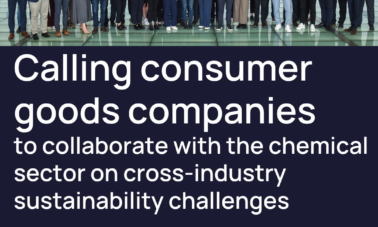As the chemical industry faces mounting pressure to accelerate climate and circularity targets, the Global Impact Coalition (GIC) has launched a new Value Chain Partner initiative aimed at fostering deeper collaboration with consumer-facing brands. This move underscores the pressing need to address Scope 3 emissions and co-develop scalable solutions through collaborative action. In this context, Chemical Today interviewed Charlie Tan, CEO of GIC, to understand how GIC is turning intent into impact and how regional regulations and value chain dynamics are shaping the path forward.
What inspired the formation of the Global Impact Coalition, and which specific gap in the chemical value chain is it aiming to close?
The Global Impact Coalition (GIC) was formed out of a clear understanding: the chemical industry plays a critical role in the global transition to net-zero and circularity but cannot go it alone. Our founding members, CEOs and senior executives of leading global chemical companies, saw a need for a pre-competitive platform that could catalyze system-level collaboration, not only within industry but across entire value chains. The specific gap we aim to close is often called the “last mile of impact”: the disconnect between breakthrough innovations and their real-world deployment at scale. Whether it’s advanced recycling technologies or sustainable feedstocks, many of these solutions exist in silos or pilot stages but lack the technical, regulatory, and financial alignment to scale up and go mainstream. That’s where GIC comes in: as an accelerator platform to enable cross-industry collaboration and address sustainability challenges no single company can solve alone. Our role is to help de-risk first movers, align resources, and build the coalitions needed to turn intent into investment and innovation into impact.
In practical terms, how is GIC enabling collaboration between consumer goods companies and chemical suppliers? Are there dedicated tools, platforms, or structured engagement models in place?
We recently launched our Value Chain Partner initiative to strengthen collaboration with consumer goods companies, an essential step to address Scope 3 emissions and enable circular solutions at scale. It is a structured, solution-focused partnership model where brand owners and chemical suppliers work together to identify bottlenecks and develop joint solutions to overcome them.
The initiative is built on a few core principles:
-
Real-world projects, not just dialogue;
-
Working groups and pilots, focused on solving shared challenges;
-
Shared metrics and milestones to track progress and drive accountability;
Click here to read the full article.


